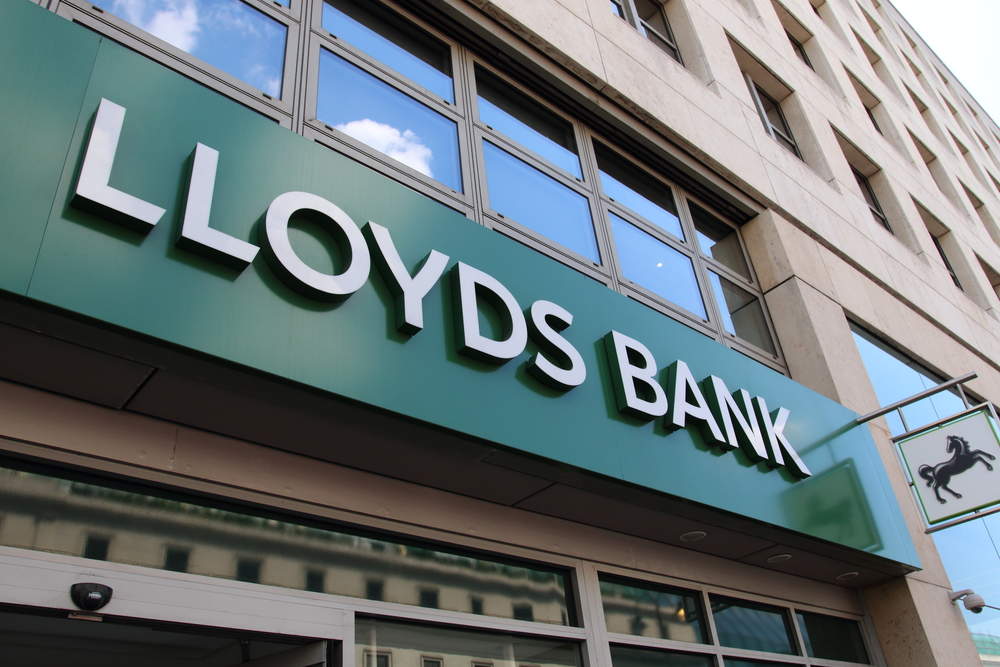Lloyds Bank has become the first bank in the UK to use electronic Bills of Lading (eBLs), collaborating with WaveBL, enabling its clients to take advantage of new trade efficiencies as well as environmental benefits.
Bills of lading are an important document in international trade. They are provided by a carrier when a seller ships products to an end client and serve as a ‘receipt’ for the items being sent. Once payment – or an agreement to pay at a later date – for the goods is obtained, the Bill of Lading is issued to the buyer, allowing them to collect the merchandise upon arrival.
Currently, a large number of Bills of Lading are printed on paper.
Due to the newly formed collaboration, clients of Lloyds Bank will now be able to transfer entirely digital, blockchain-based eBLs between businesses on the WaveBL network, which has 136 members, including four of the top 10 container shipping companies in the world. The transfers will be safe and easy.
The method allows eBLs to be shared between parties in minutes rather than days as with paper copies. It will further decrease the risk of forgery, loss, and theft of paper copies, as well as minimise the harmful effects of Bills of Lading by eliminating the need for paper products and physical document transfer processes.
Lloyds Bank’s relationship with WaveBL is part of the bank’s ongoing effort and innovation to fostering trade digitalisation, after its signing of the Future of International Trade (FIT) Alliance’s electronic Bills of Lading (eBLs) declaration in October 2023.
The FIT Alliance, established by the Baltic and International Maritime Council (BIMCO), the Digital Container Shipping Association (DCSA), the International Federation of Freight Forwarders Associations (FIATA), the International Chamber of Commerce (ICC), and Swift, targets to raise recognition and increase adoption of a standards-based electronic bill of lading (eBL) across all sectors of the shipping industry.
The declaration expresses support for the aim of accelerating digitalisation in global trade, with a target of achieving 100% adoption of eBLs worldwide by 2030.
Rogier van Lammeren, head of trade and working capital products at Lloyds Bank, said: “This new partnership with WaveBL is an example of both in action. Our clients now have easy access to a global platform for eBLs to complement our existing suite of digital trade documentation solutions – enabling them to capitalise on opportunities quickly and securely, while reducing their impact on the environment.”
Ofer Ein Bar, VP financial institutions, WaveBL, added: “Corporates are looking to prioritise digital trade solutions, and financial institutions have been looking at how they can meet this demand. Our partnership with Lloyds Bank, an industry leader in trade digitalisation, represents a strategic leap forward for banks to support corporates as they digitalise, while enhancing customer satisfaction.”









